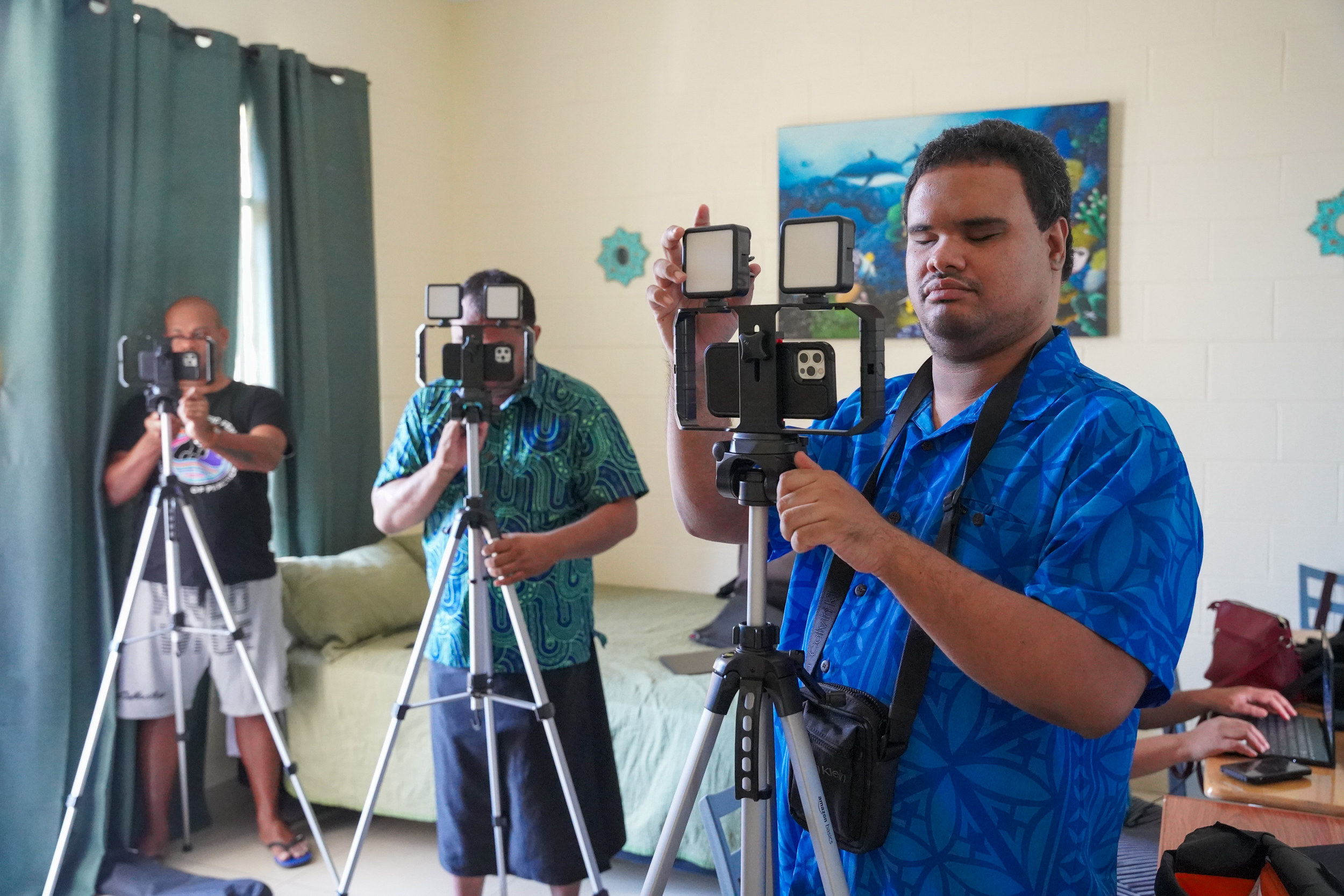
News
Capturing Vision Through Sound and Touch
Disability Justice Project Fellows Harness iPhone Technology to Spotlight Climate Crisis in the Pacific
January 11, 2024
In June 2023, the Disability Justice Project (DJP) trained Indigenous activists with disabilities from the Pacific on the iPhone camera to create a documentary series on disability and climate change. With VoiceOver, the iPhone provides image descriptions for blind and low-vision filmmakers and feedback on whether a subject is in focus. “If you think about it, it doesn’t make sense for a blind person to use a camera,” says DJP filmmaker Ari Hazelman. “The iPhone gives you more avenues to tell your story in a more profound way as a blind person.”
The Pacific region is among the most impacted in the world by climate change. Among its low-lying islands, there is no escape from the rising sea and no refuge from extreme weather events. Pacific activists are pushing for more inclusive warning systems for weather emergencies and more accessible evacuation centers. They want to be considered and involved in the creation of disaster mitigation and response plans. Indigenous Pacific Islanders with disabilities are also leading the way in sustainable land management and climate adaptation, offering valuable insights that can benefit us all.
Choose the viewing experience most accessible for you:
Closed Captions
American Sign Language/Closed Captions
Fijian Sign Language/Closed Captions
Audio Descriptions/Closed Captions
Open Captions
Descriptive Transcript
Closed Captions
American Sign Language/Closed Captions
Fijian Sign Language/Closed Captions
Audio Descriptions
Open Captions
Descriptive Transcript
Click here for a link to a descriptive transcript.
Credits:
Director & Producer
Jody Santos
Producers: Ari Hazelman | Sa Utailesolo | Faaolo Utumapu-Utailesolo
Videographers: Ari Hazelman | Des LaFave | Isoa Nabainivalu | Ruby Nabetari |
Sophia Paffenroth | Sa Utailesolo | Melvina Voua
Editor
Des LaFave
Sound Mixing
Billy Wirasnik
Colorist
Justin Poirier
News From the Global Frontlines of Disability Justice
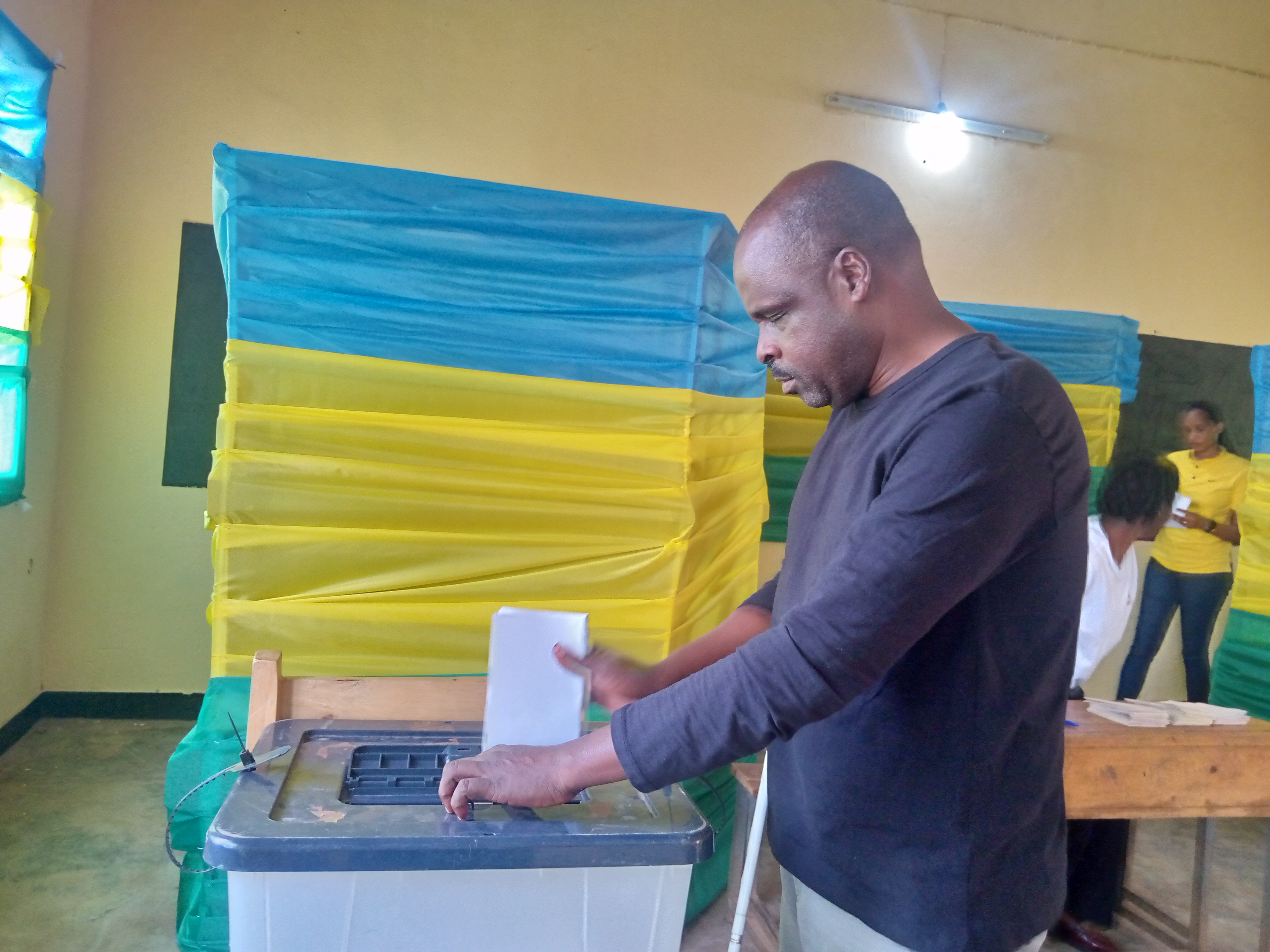
Advancing Democracy
Rwanda has made significant progress in making its elections more accessible, highlighted by the July 15 general elections where notable accommodations were provided. This was a major step forward in disabled Rwandans’ quest for equal rights and participation. “You cannot imagine how happy I am, for I have voted by myself and privately as others do accessibly,” says Jean Marie Vianney Mukeshimana, who used a Braille voting slate for the first time. “Voting is a deeply emotional and meaningful experience for a person with any disability in Rwanda, reflecting a blend of pride, empowerment, and hope.”
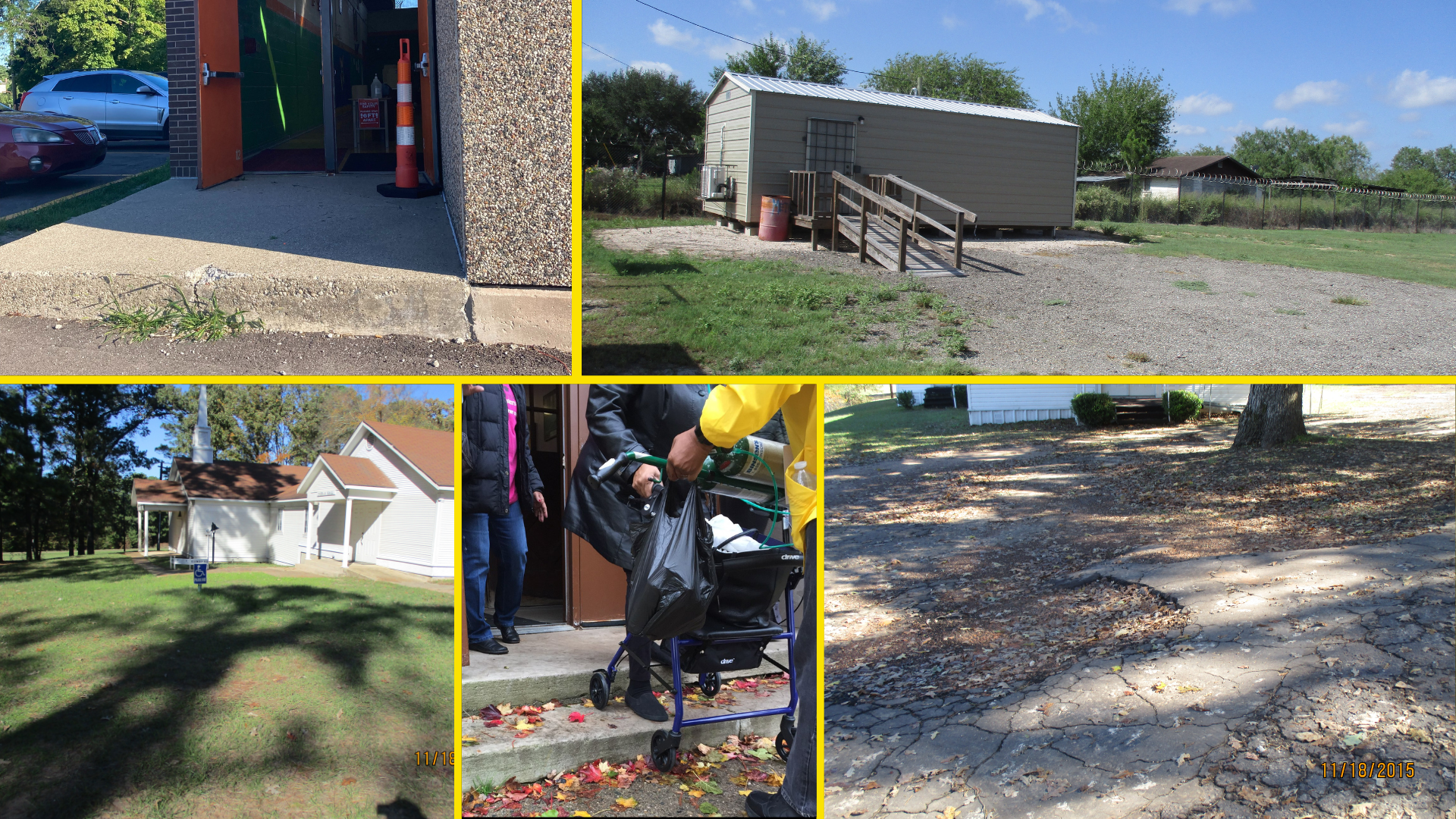
Barriers to the Ballot
Despite legislation like the Americans with Disabilities Act, barriers at the polls still hinder — and often prevent — people with disabilities from voting. New restrictive laws in some states, such as criminalizing assistance with voting, exacerbate these issues. Advocacy groups continue to fight for improved accessibility and increased voter turnout among disabled individuals, emphasizing the need for multiple voting options to accommodate diverse needs. ““Of course, we want to vote,” says Claire Stanley with the American Council of the Blind, “but if you can’t, you can’t.”
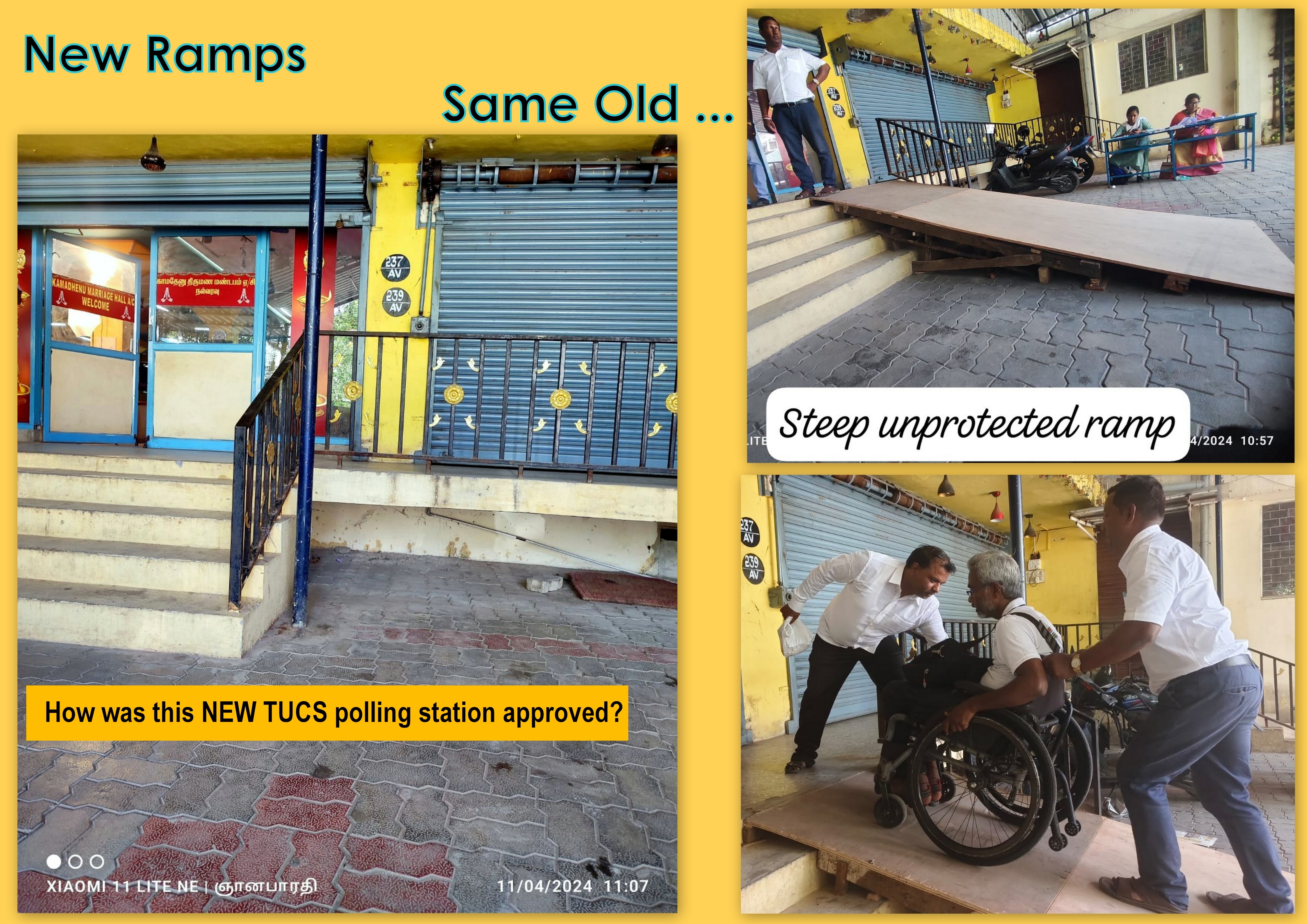
Democracy Denied
In 2024, a record number of voters worldwide will head to the polls, but many disabled individuals still face significant barriers. In India, inaccessible electronic voting machines and polling stations hinder the ability of disabled voters to cast their ballots independently. Despite legal protections and efforts to improve accessibility, systemic issues continue to prevent many from fully participating in the world’s largest democracy. “All across India, the perception of having made a place accessible,” says Vaishnavi Jayakumar of Disability Rights Alliance, “is to put a decent ramp at the entrance and some form of quasi-accessible toilet.”
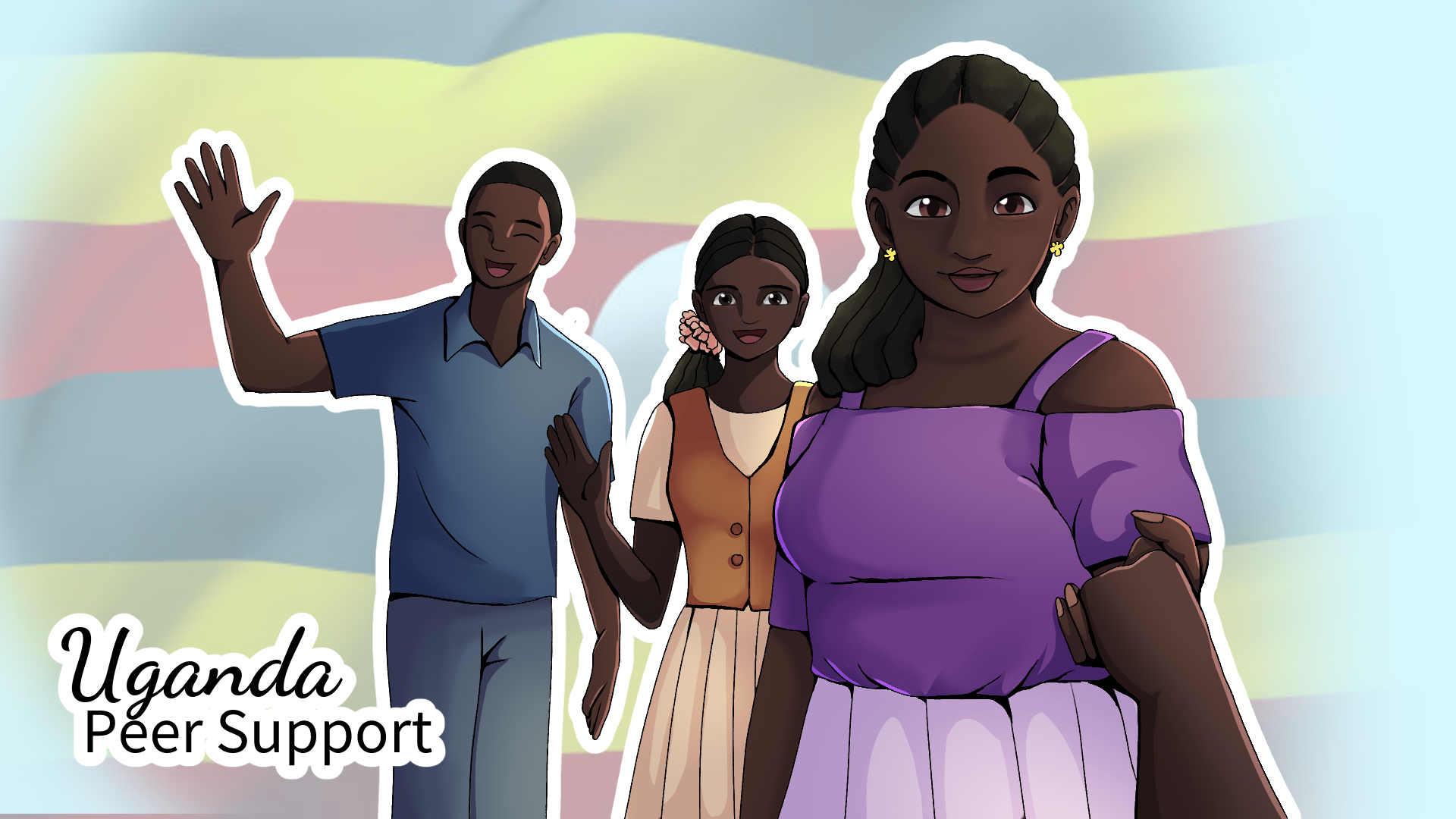
Triumph Over Despair
DJP Fellow Esther Suubi shares her journey of finding purpose in supporting others with psychosocial disabilities. She explores the transformative power of peer support and her evolution to becoming an advocate for mental health. “Whenever I see people back on their feet and thriving, they encourage me to continue supporting others so that I don’t leave anyone behind,” she says. “It is a process that is sometimes challenging, but it also helps me to learn, unlearn, and relearn new ways that I can support someone – and myself.”
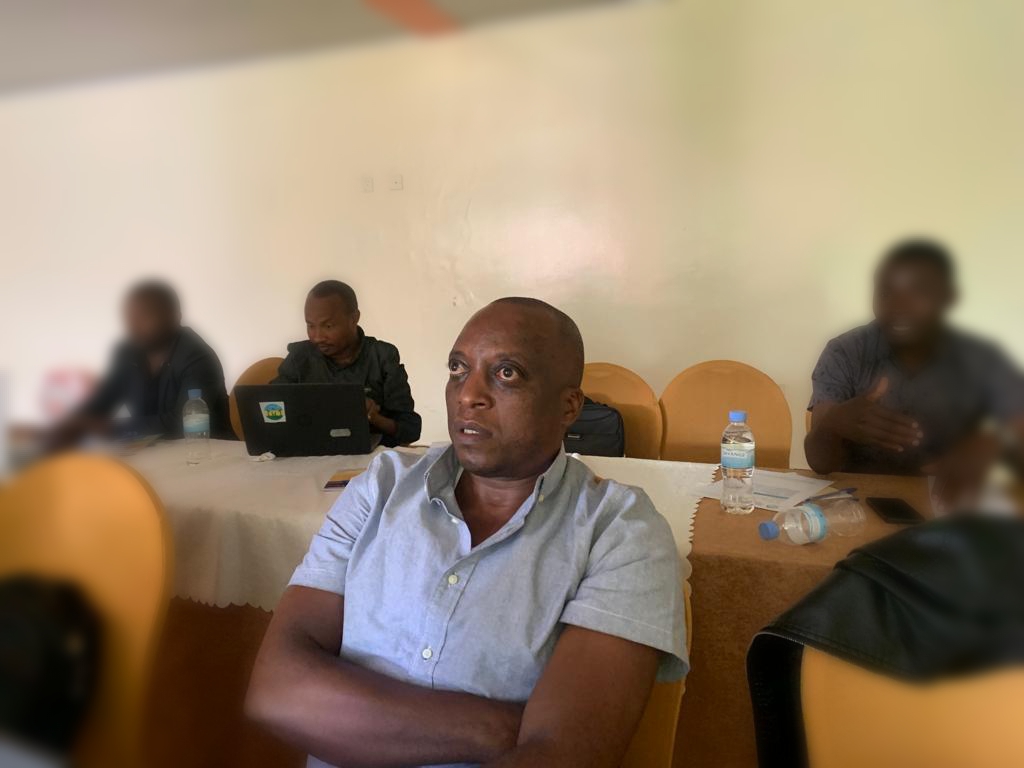
‘Our Vote Matters’
As Rwanda prepares for its presidential elections, voices like Daniel Mushimiyimana’s have a powerful message: every vote counts, including those of citizens with disabilities. Despite legal frameworks like the UN Convention on the Rights of Persons with Disabilities, challenges persist in translating these into practical, accessible voting experiences for over 446,453 Rwandans with disabilities. To cast a vote, blind people need to take a sighted relative to read the ballot. An electoral committee member must be present, violating the blind person’s voting privacy. “We want that to change in these coming elections,” says Mushimiyimana.
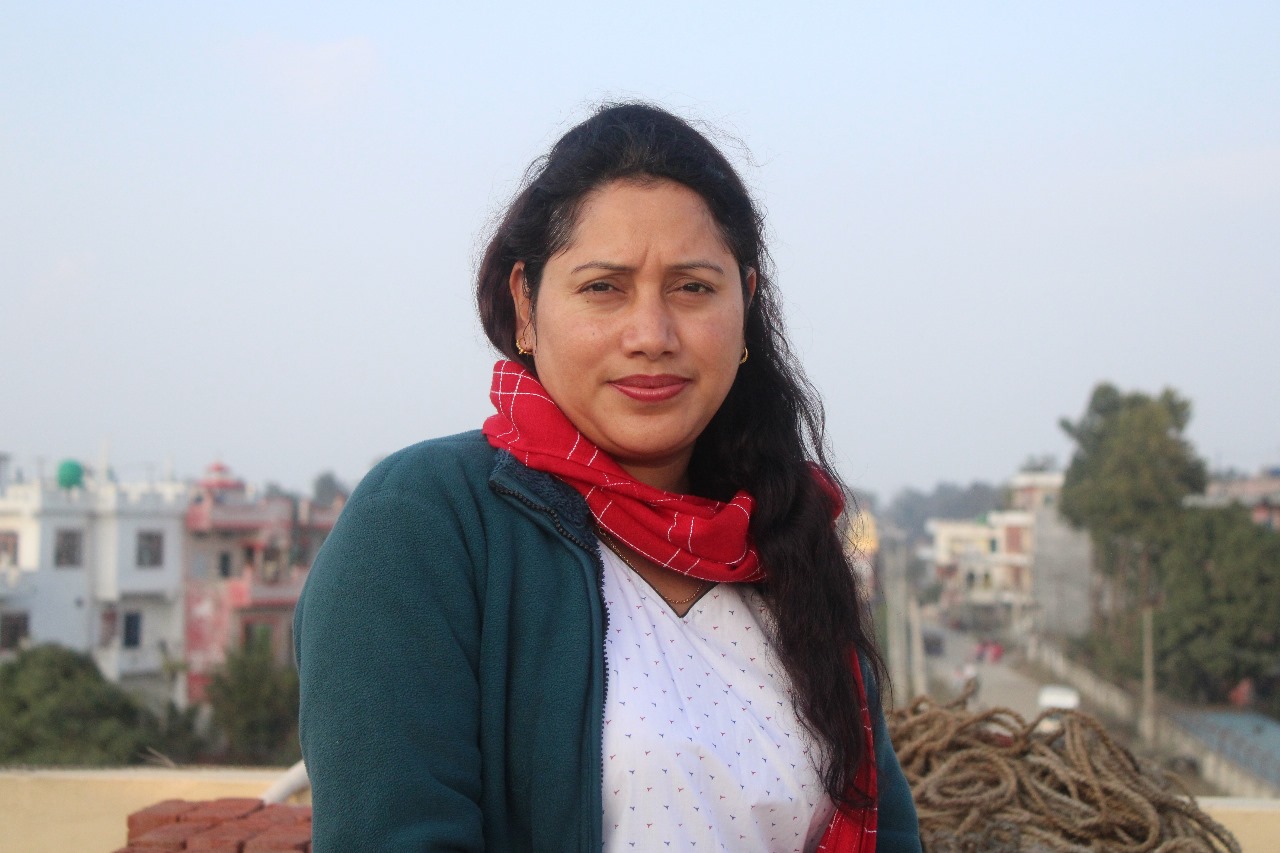
Voices Unsilenced
Often dismissed as a personal concern, mental health is a societal issue, according to Srijana KC, who works as a psychosocial counselor for the Nepali organization KOSHISH. KC’s own history includes a seizure disorder, which resulted in mental health challenges. She faced prejudice in both educational settings and the workplace, which pushed her towards becoming a street vendor to afford her medications. Now with KOSHISH, she coordinates peer support gatherings in different parts of Nepal. “It is crucial to instill hope in society, recognizing that individuals with psychosocial disabilities can significantly contribute,” she says.